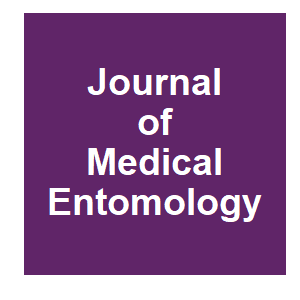Malaria-Resistant Mosquitoes (Diptera: Culicidae); The Principle is Proven, But Will the Effectors Be Effective?

|
Z. N. Adelman and B. B. Kojin,
Journal of Medical Entomology,
58:1997-2005.
2021.

Over the last few decades, a substantial number of anti-malarial effector genes have been evaluated for their ability to block parasite infection in the mosquito vector. While many of these approaches have yielded significant effects on either parasite intensity or prevalence of infection, just a few have been able to completely block transmission. Additionally, many approaches, while effective against the parasite, also disrupt or alter important aspects of mosquito physiology, leading to corresponding changes in lifespan, reproduction, and immunity. As the most promising approaches move towards field-based evaluation, questions of effector gene robustness and durability move to the forefront. In this forum piece, we critically evaluate past effector gene approaches with an eye towards developing a deeper pipeline to augment the current best candidates. More related to this: Requirements for Driving Antipathogen Effector Genes into Populations of Disease Vectors by Homing |



